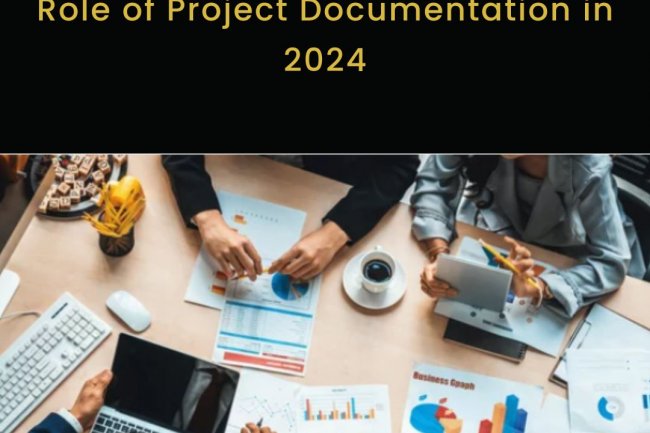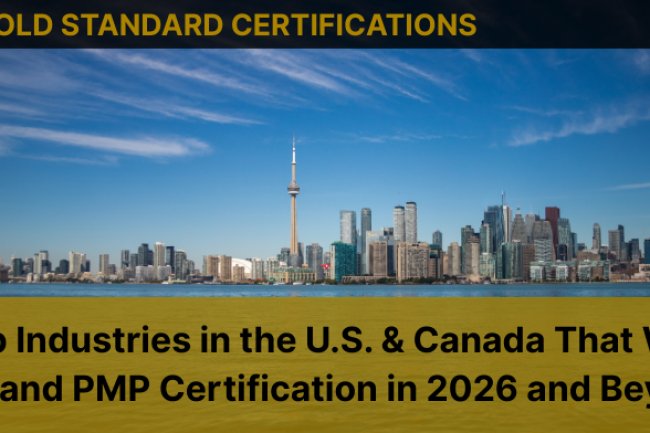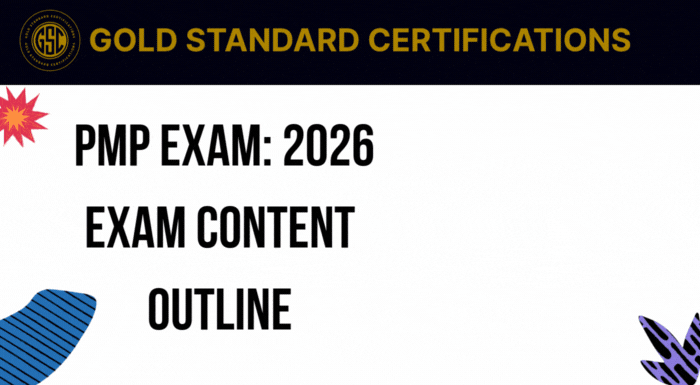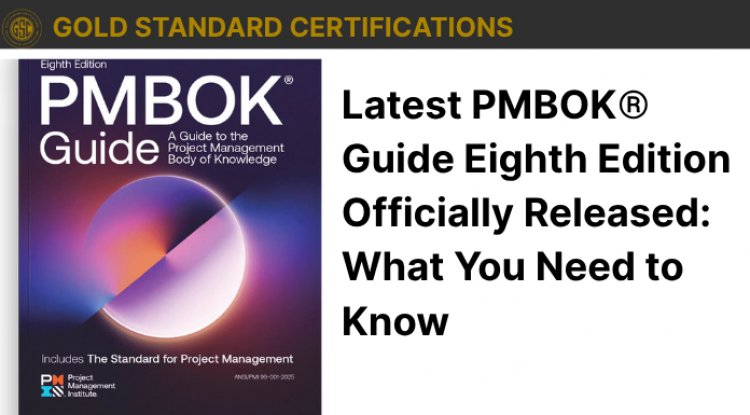Roles and Responsibilities of Project Manager

Who is Project Manager?
A Project Manager is a professional who organizes, plans, and executes projects skillfully while
working within constraints like budgets and schedules. Project managers lead the entire team,
determine project goals, interact with stakeholders, and see a project through to its closure. He is
quite proficient and concentrates more on the accomplishment side.
Whether the project manager's background is in information technology, marketing, or science, one
thing he has to do is plan, execute, and deliver a project on time. The ultimate goal of the Project
Manager usually cuts down into three activities:
● Planning and resource scheduling
● Risk and issue management
● Scope management
According to the recent statistics,
In 2019, an estimated global tally of project management-oriented employees was 90 million.
By 2030, it’s expected to reach 102 million. According to PMI, if we account for the number of
employees expected to retire by 2030, there will be a demand for 25 million project professionals.
Roles and Responsibilities of Project Manager:
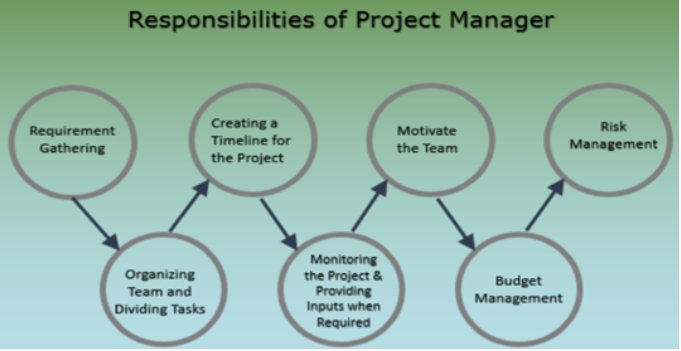
1. Requirement Gathering:
The project manager has to gather the requirements of the project correctly from the source/ client,
as this is the first and main step of any project. If the requirements are correctly comprehended,
only then can the project manager select resources to work on the project according to its need.
2. Project Planning:
Once the requirement-gathering process is done the project managers make a possible plan that
fulfills the goals and objectives of the project and aligns with the organization's overall business
strategy. This role of the project manager involves creating a project schedule, ensuring the
resources, and defining the project goals, among other things.
3. Team and Timeline Management:
This role of a project manager is placed with visibility into multiple functions or task forces of a team.
Project managers need resources to achieve the project tasks, which include skilled and proficient
team members. A project manager either takes a leadership role with a current project team or
forms one. Often the dynamics of a project may produce a level of hesitation in approval processes.
It is during these times that the project manager may have to manage to set a level of expectations
and guide operating teams through deliverables to ensure timelines are met.
Time always points towards the project deadline. While communication is key to managing changes
and double-checking that everyone is aware of their responsibilities. The project manager has to
define, schedule, and precisely estimate the task duration to design and maintain a sensible project
schedule. Ultimately it is the project manager's responsibility to work across teams to structure
timelines and outline deliverables to the clients.
4. Technology Integration
In recent years, the project management industry has badly diverted, with more than two-thirds of
organizations redistributing project managers in the last year alone. Maximum organizations are
relying on technology and artificial intelligence to streamline, configure, and track project-based
outcomes. Nevertheless, 73% of the U.S. workforce acknowledges that technology can never
substitute the human mind.
In this digital era, a project manager has to hold existing technology to improve workstream clarity,
share information, integrate data, and intimate internal and external stakeholders regarding
programmatic updates. When we talk about technology, file sharing, time tracking, email
integration, and budget management are the most used and requested features in project
management software. As a project manager, you must comprehend these digital platforms, and the
management of these systems, and synthesize data inputs to make conclusions for your team.
No matter what type of project you are working on, project managers need tools to help them
manage all the project affairs. It’s a cloud-based tool that provides real-time data to scrutinize your
projects in a better way but also has elements to help you plan, manage teams, and report with
ease.
5. Leadership:
The role of a project manager also possesses being an acceptable leader. This role is programmatic
development-centric, making leadership and relationship-building skills are must to encourage team
cooperation to get a job done.
Teamwork, dispute resolution, and adaptability are difficult to teach but increase the importance for
project managers.
6. Performance Tracking and Measurement:
No project is done without appropriate measurement tools to present strategic alignment and
return on investment. Project managers are the individuals working across teams to support the
identification of key performance indicators and hold the reports conveyed with business leaders to
justify program progress.
In the project manager role, it is essential to understand the importance of conversion rates, click-
through rates, open rates, shares and likes, and more. But as a project manager, you must carry the
data one step further, analyzing the numbers and reports to convey what they signify.
For instance, if the email-open rate of the project for last month was 10%, but two months ago it
was only five percent, then you are supposed to share reports with leaders that summarize the
reason that forced the jump – was it fresh subject line testing? Was video content shared versus
static text? These findings are what influence strategy as the project continues, in addition to
justifying programmatic changes that may be needed.
7. Resource and Stakeholder Management:
What makes or breaks a project is Resource and Stakeholder Management. Proper funding for the
project is, having that get acknowledged, and then keeping the project within or under budget is the
most important element. Make sure your stakeholders are satisfied with the result provided by you
within the time and budget constraints. Always be connected with the stakeholders, report to them
on progress, and be open to their feedback to keep them happy and come back to you with
forthcoming projects.
8. Reporting and Documentation:
Reporting is one of the major ways to communicate with the team and stakeholders. While teams
need more precise information and stakeholders are looking for more comprehensive data to check
the project’s progress. However, both are essential tasks for the project manager. The
documentation, along with all paperwork, must be collected, signed off on, and archived by the end
of a project, which provides a history that you can review when planning for an identical project
hereafter.
Conclusion:
In conclusion, all we can say is that the role of the project manager is of prime importance as it
determines how the project is taken forward. Although the project’s success is dependent on both
the team members and the project manager, it requires better and combined effort in the right
direction to achieve the goal of the project. How well the project manager manages, the team will
exhibit how efficient it is in achieving its task.
